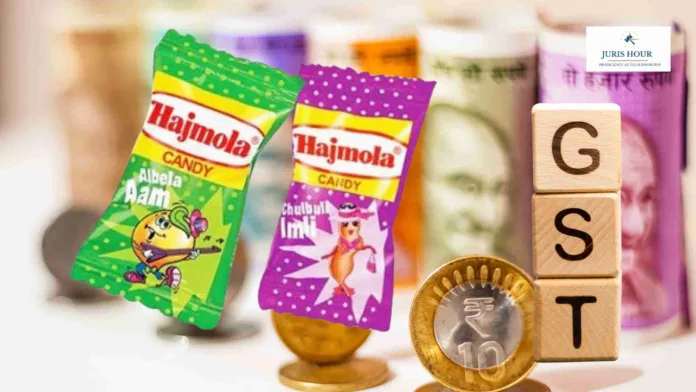Dabur India’s iconic Hajmola candy is currently under the scanner of the Directorate General of GST Intelligence (DGGI), Coimbatore Zone, over a tax classification dispute.
The core issue revolves around whether Hajmola should be taxed at 12% GST as an Ayurvedic medicine or at 18% GST as a confectionery product.
Dabur has maintained that Hajmola is an Ayurvedic formulation, a position previously upheld by the Supreme Court prior to the implementation of GST. The apex court had ruled that Hajmola should be treated as an Ayurvedic medicine and not merely as a candy or toffee. The outcome of the current investigation will determine whether the government continues with the lower GST rate or shifts Hajmola into a higher tax slab.
Tax experts say such classification disputes ultimately rest with the GST Council’s interpretation and guidelines. Notably, Dabur is already facing a GST demand of ₹320.6 crore, which the company is expected to challenge.
This development has also impacted Dabur’s stock performance. On April 11, shares of the company closed nearly 1% lower at ₹461.3 on the BSE. Over the past two weeks, the stock has declined by almost 9%.
The final resolution of this case could set a precedent for similar disputes in the FMCG sector, where the line between traditional medicine and food products continues to blur under GST norms.
Read More: IOCL Is PSU, No Intent To Evade Excise Duty Can Be Alleged: CESTAT

